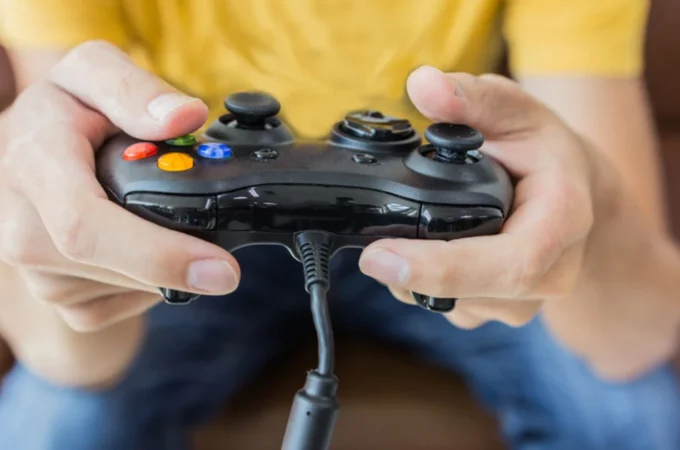
Preparing for an Appointment with a Mobile Notary: A How-To Guide
Most Americans will need a professional notary service at least once in their lifetime. Depending on their career, someone could see notary professionals more frequently. Many notary publics work in banks, lending companies, and even post offices, but you can also employ the services of a mobile notary. These notaries are different from the rest because they travel to you for your signing. If you’re preparing for your mobile notary appointment, consider these tried and true tips for a streamlined and stress-free experience.
What is a notary?
Every notary in your state has a license and must charge the state’s mandatory signature fee per signature. As a legally binding witness, the notary protects your document signing’s legitimacy. If you’re unsure what type of notary service you’ll need, ask the notary when they arrive. The forms for both types of service will be on hand. There are two types of notarization:
- Jurat Notarization: agreement with the document’s contents, like an oath.
- Acknowledgment Notarization: verifying the document signer’s identification to prevent fraud.
A notary public can perform either type, so there’s no worry about your notary’s ability to certify your documents.

What to bring to your appointment
When gathering your documents for the appointment, make sure to work through this helpful list of things to bring or prepare. Having these records ready will make your meeting run quickly and create a seamless process.
Fill out the document in its entirety
If the form is incomplete, or there are still sections you need to fill out while the notary is there, it adds time to the appointment. Do not sign any signature lines before your meeting, as the entire point of the notary is to witness you signing the document.
Count your signatures
You’ll need to know how many signatures you’ll need notarized so you can have an estimate of your cost. The state where the mobile notary received their license requires them to charge per signature at a minimum. Additional costs may come from travel fees, incomplete document fees, and more.
Bring acceptable ID
Your notary will let you know what forms of ID are valid. If you don’t have a proper ID, you can have two people who know you personally and have their valid IDs stand in as witnesses for your appointment.
Ensure the name on your document matches your ID
If your name and ID don’t match almost precisely, the notary will not proceed with your appointment. Many notaries will also charge a cancellation fee. If you need to fill out the paperwork again with the correct name, do so before your appointment.
Verify your payment method with the notary
Many mobile notaries will accept major credit and debit cards for payment, but not all. If there is any question about what payment forms your notary professional accepts, call and verify, or attend your appointment with cash on hand to pay your bill.

Final Thoughts
When you engage the services of a mobile notary, they are coming to you for your convenience. This service can be more expensive than going to the notary public office or your bank or post office. Mobile notary services are an excellent investment for end-of-life document acknowledgments and certification of documents when you’re physically unable to make it to the office.




